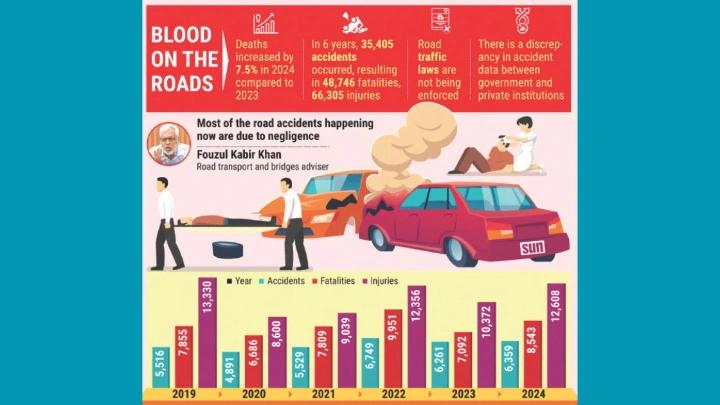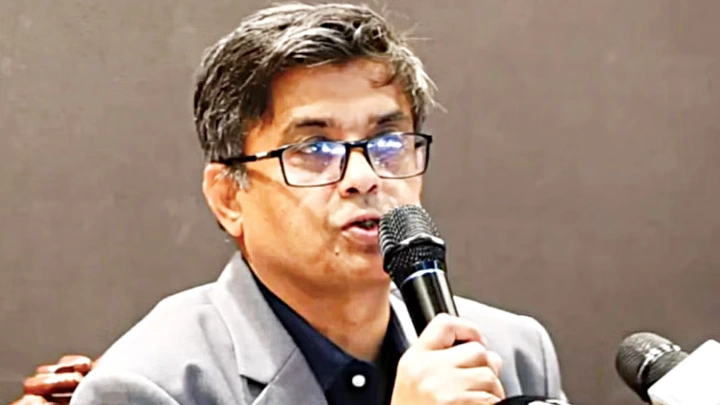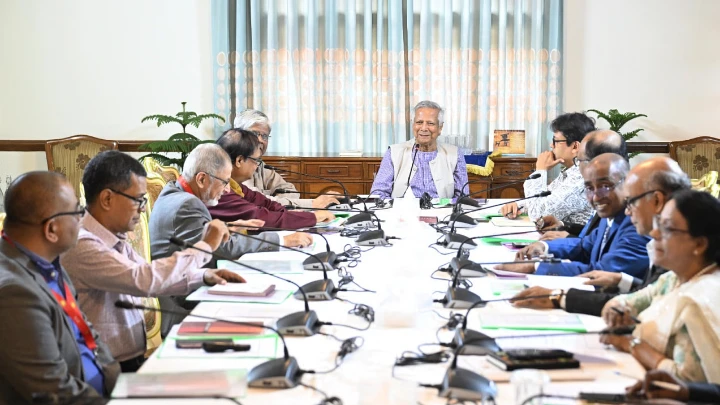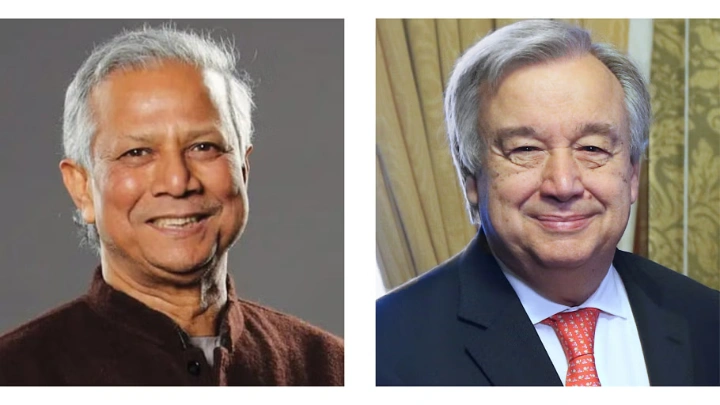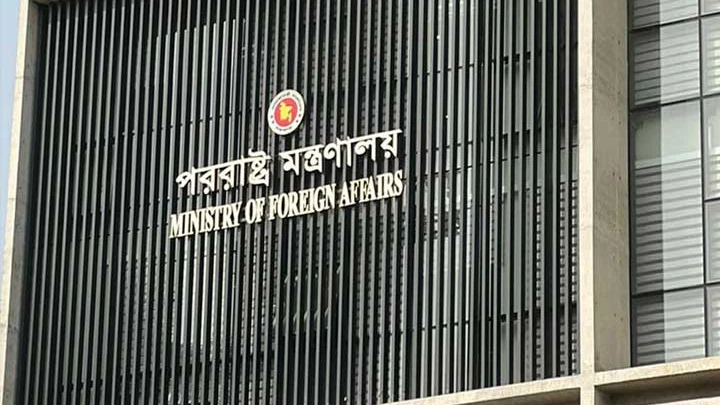Death on wheels: 49,000 lives lost in 6 years
DailySun || Shining BD
The nation mourns the loss of tens of thousands of lives on its treacherous roads.
According to Bangladesh Jatri Kalyan Samity (BJKS), a staggering 35,405 accidents claimed the lives of nearly 49,000 people between 2019 and 2024, leaving families shattered and communities in despair. This grim statistic represents a 7.5% increase in fatalities in 2024 compared to the previous year.
The organisation identifies 22 reasons for road accidents, including reckless driving, dangerous overtaking, poor road construction, unfit vehicles, negligence by drivers, passengers, and pedestrians, lack of driver skills, ignorance of traffic laws, reckless behaviour by transport owners and drivers, unprotected railway crossings, absence or illegal occupation of pavements, and corruption in enforcing traffic laws.
Additionally, the widespread use of vehicles like auto-rickshaws, e-bikes, battery-powered rickshaws, motorcycles, and CNG vehicles as public transport has contributed to the alarming rise in accidents and fatalities.
Mozammel Hoque Chowdhury, secretary general of the Bangladesh Jatri Kalyan Samity, stated, “Changes in government have not led to structural reforms in the transport sector. Extortion has merely shifted hands, and unfit vehicles still ply the roads. There is rampant misuse of laws.
“The BRTA is focused on revenue collection, while the traffic division competes to impose fines. Accidents are inevitable under such conditions, and merely holding meetings or issuing statements won’t curb road accidents.”
Lack of law enforcement
It is observed that most road accidents involve vehicles without proper approval or route permits, or those lacking fitness certificates. Many drivers do not hold valid driving licences.
These deficiencies highlight the failure to enforce the Road Transport Act. Over the past 15 years, promises for safer roads have not been visibly implemented.
The law, already amended to appease political interests, is poorly enforced. Successive governments have used it as a political tool rather than applying it effectively.
The interim government has yet to take significant steps to address road accidents or fully enforce the law.
Md Hadiuzzaman, a transport expert and professor at the Bangladesh University of Engineering and Technology (BUET), told the Daily Sun, “While road safety is a frequent topic of discussion, the necessary actions are not taken. The implementation of promises requires genuine political will, which has been lacking. It remains to be seen whether the interim government will address these issues effectively, but no visible improvements have been made yet.”
Discrepancies in accident data
The BRTA collects road accident data through its 64 circle offices, cross-referencing information from police, district administrations, newspapers, and electronic media. However, there are discrepancies between BRTA data and those from private organisations.
In November 2024, the BRTA reported 458 road accidents with 451 deaths and 420 injuries. In contrast, Jatri Kalyan Samity reported 415 accidents in the same month, with 497 deaths and 747 injuries.
Initiatives and challenges
Road Transport and Bridges Adviser Fouzul Kabir Khan said, “Most accidents are due to negligence. For example, a recent accident in Mawa involved a driver without a licence and an unfit vehicle.
“We are addressing such issues and have instructed the BRTA to rectify licensing and fitness within a month. We are also phasing out old vehicles. While compensation cannot undo accidents, the government is taking responsibility by providing financial and medical support.”
Drivers’ demands
Drivers and workers’ representatives stress the need for regular training, defined working hours, and fair wages.
Long-distance bus driver Zahidul Islam said, “Nobody cares about drivers. Transport owners and union leaders only serve their interests. Despite legal requirements, drivers are not given appointment letters or monthly salaries. We earn only when we drive. As a result, we are forced to work day and night without rest, leading to accidents. Both owners and the government are responsible for this.”
Abdur Rahim Dudu, president of the Bangladesh Road Transport Workers Federation, added, “Drivers are not adequately trained or educated. Driving licences are issued without proper qualifications. The government, transport owners, and labour federations must collaborate to train and raise awareness among drivers. Skilled drivers can significantly reduce accidents.”
Shining BD

